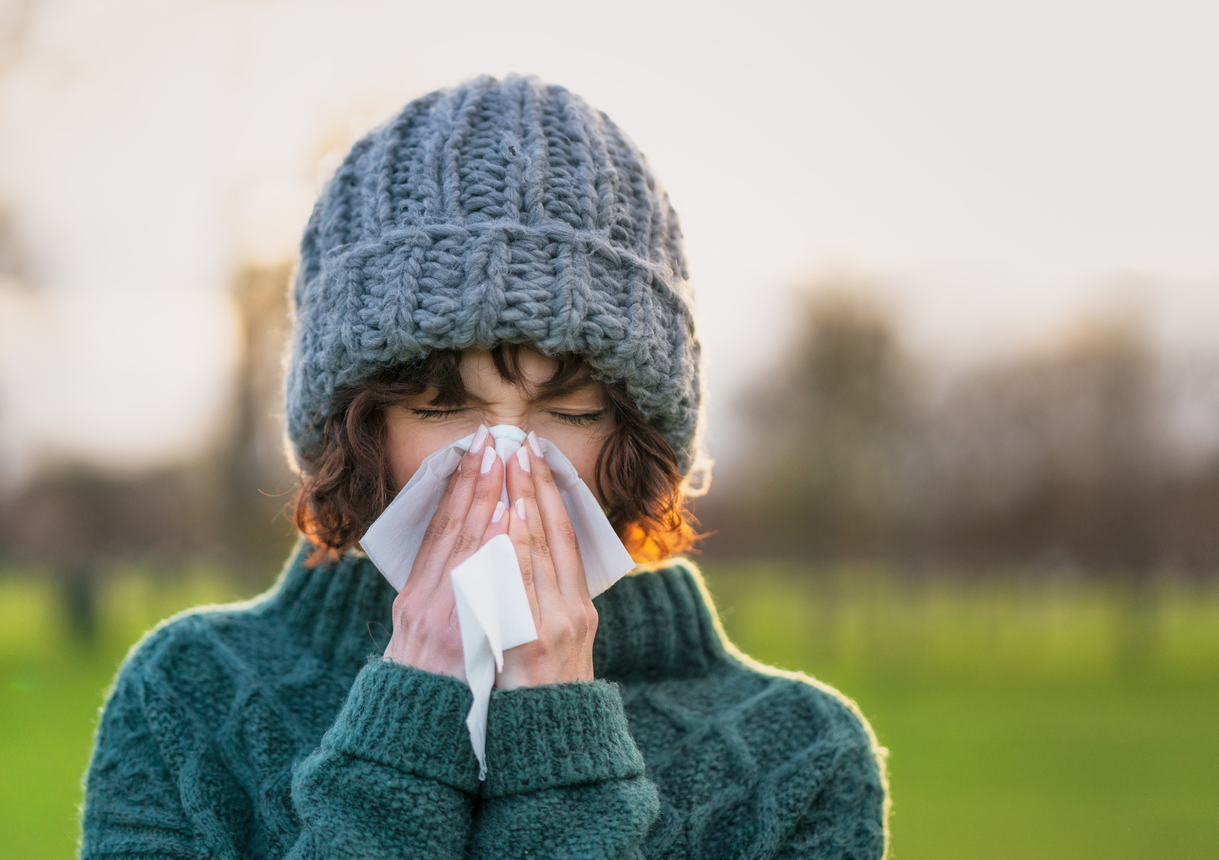Notwithstanding the tragic deaths caused by Covid-19, the crisis has brought into focus the potential for pharmacists’ contribution to public health. It didn’t happen soon enough, but including pharmacies in the vaccine roll-out was welcome.
But just as we’re all getting back to the ‘regular’ business of pharmacy and trying to put Covid in the rear-view mirror, the flu season looms large on the horizon.
There has been much chatter, and some misinformation, about how lockdowns and distancing may have affected people’s immune systems. Being house-bound, with less exposure to germs and reduced human contact, may actually affect people’s immune systems, but not for the obvious reasons.
Writing for you in this issue, Eamonn Brady touches on the ‘hygiene hypothesis’ and its purported relationship with the development of asthma. Many people are basing their fears of a weakened immune system on: ‘I haven’t been exposed to germs very much over the past 18 months, therefore my immune system must be weakened.’ And it may be; just not for that particular reason.
By the time we are adults, of course our systems have been bombarded for years with bacteria and viruses. We build up a ‘database’ of viruses and an internal SOP in terms of how to deal with them. Of course, Covid was the new kid on the block, so our immune systems were unprepared.
But as ‘the mind suffers, the body cries out’ and the months of distancing and isolation may indeed cause problems for many people’s immune responses, but the root cause of this may well be due to the psychological implications. Loneliness, stress and isolation may have weakened the immune systems of many of your patients and customers.
Research by MIT in the US highlighted an analysis of 148 studies comprising more than 300,000 people, which found that those who were more socially connected were 50 per cent less likely to die over a given period.
Stress, as always, will play its own nefarious role. As we emerge from Covid, a lot of people will find the return to work highly stressful, particularly those with social anxiety issues. The folks at MIT point out that stress wreaks havoc on our immune function. This of course is down to the hormones involved in a stress response — cortisol and epinephrine and norepinephrine, which increase heart rate and elevate blood pressure, interfering with the function of our immune cells. One of the studies even found that people with many social ties are less susceptible to the common cold.
Which brings us back to the impending flu season. Recent research by LloydsPharmacy indicates that 57 per cent of Irish people intend to get the flu vaccine this year. That’s up on 46 per cent of adults last year, an increase of 11 per cent.
In the older population, 82 per cent of those aged over 65 are planning to get the flu vaccine. While Covid has affected footfall everywhere, the good news is that 12 per cent more people have started taking vitamins or supplements since the onset of Covid, and it will be good to get these people back into the pharmacy, where they can get the advice they need to keep them healthy.
However, there is a possibility of co-circulation of flu and Covid-19 this winter, emphasising the importance of protecting those at risk.
I suspect that 57 per cent may be a conservative estimate. It’s going to be an exceptionally busy autumn and winter in the pharmacy.
Thar an gcuntar
as Gaeilge
D’fhógair Ollscoil Oxford torthaí níos luaithe an tseachtain seo maidir le dhá vacsaín, Pfizer and Astra Zeneca. De réir saineolaithe, caillfidh an dá vacsaín cailliúint éifeachtúlacht 90 lá tar éis an ionaclaithe i gcoinne an snáithe Delta.
Fuair an staidéar sláinte poiblí gur laghdaigh an chosaint laistigh de thrí mhí. Chomh maith leissin, d’fhéadfadh go mbeadh níos mó riosca ag daoine eile a bhí ionfhabhtaithe leis an leagan ceannasach anois do dhaoine eile i dtéarmaí scaipthe ná mar a measadh roimhe seo i gcás go raibh torthaí difriúil ó leaganacha imithe agus imithe.
Bhí an staidéar seo bunaithe ar níos mó ná trí mhilliún rannpháirtí, trí shamplaí nasal agus béil a bhailiú. Tháinig taighdeoirí ar an gconclúid gur thit cosaint ó na vacsaíní go 75 faoin gcéad agus 61 faoin gcéad do na vacsaíní Pfizer agus Astra Zeneca.
Rinne an tOllamh Sarah Walker iarracht iriseoirí a mhaolú ag réasúnú nuair a bhí éifeachtúlachtaí an dá vacsaín chomh hard i dtosach, go dtugann sé corrlach níos mó chompord agus mar thoradh air sin ní cúis imní é.
Mar a luadh thuas, léirigh an staidéar nach raibh na vacsaíní chomh cumasach le méadú ar iar- ionfhabhtú ualach víreasach a chosc – tá sé seo i gcodarsnacht leis na leaganacha roimhe seo inar lú an seans go scaipfeadh daoine vacsaínithe an víreas má bhí siad ar conradh. Tá na torthaí cosúil leis na torthaí a thuairiscigh an ‘CDC’ agus tacaíonn siad le pleananna na Stáit Aontaithe agus i stáit eile cosúil linn féin chun teanndáileoga a thairiscint.
Mar fhocal scoir – tá an staidéar dochloíte ach is gá le hathbhreithniú piaraí a bheith déanta air. Cé go bhfreagraíonn na sonraí do shonraí ó áiteanna eile ar fud an domhain, léirigh údair foláireamh go bhfuil gá le tuilleadh faisnéise maidir le fad an ionfhabhtaithe agus na n-athróg eile a mbíonn tionchar ag na vacsaíní orthu. Mar sin, tá gach rud i bhfad ó chaillte. Cé go bhfuil líon na gcásanna ag méadú agus go leanfaidh bearta sláinte poiblí mar chuid den saol laethúil, tá Éire ar an gcúrsa agus tá na vacsaíní ag cabhrú.







